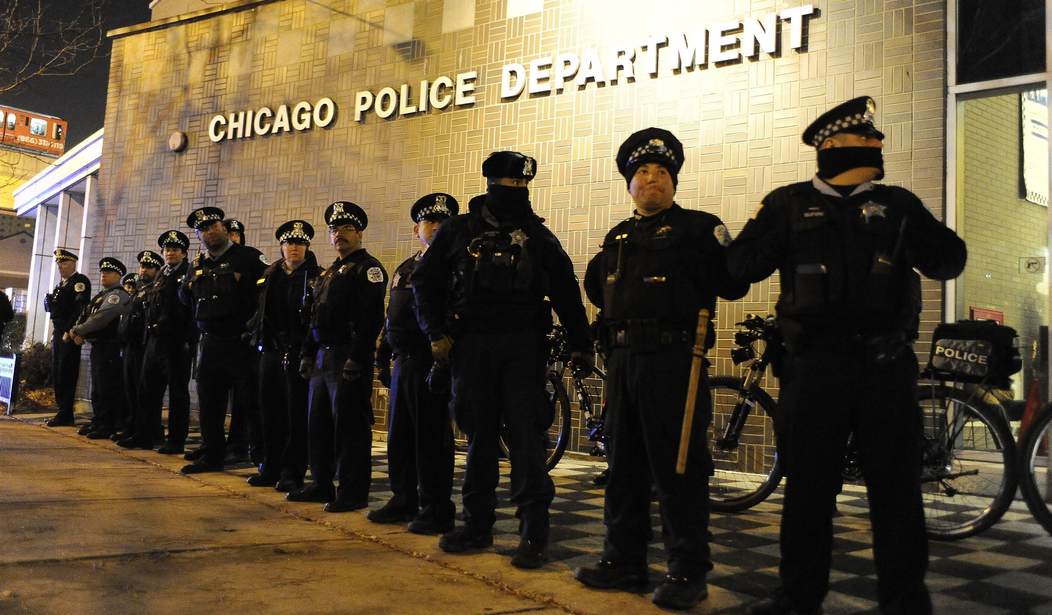The University of Chicago was one of many places where people were screaming about defunding the police. It was an article of faith among the student body.
However, a recent murder near the campus is the kind of thing that would wake people up. In response, the Chicago Police Department has stepped their presence.
That’s a problem for some, apparently.
Recent shootings in Hyde Park has led to additional police presence on and around the University of Chicago. While a path to a safer Chicago remains unclear, some say the direction the South Side area university has taken thus far is not the answer.
Outside Levi Hall on the campus of the University of Chicago, a small group with a big-picture message.
“The safest neighborhoods don’t have more policing, they have more resources,” said Hyde Park Maira Khwaja.
A rally last week on campus called attention to the violence surrounding the University of Chicago. The shooting death of recent graduate Dennis Zheng, during an afternoon robbery, highlighted the growing concern for safety.
On Monday, several students — brought together by the Asian Americans Advancing Justice — say while demonstrations are good, the solutions being offered—including stepped-up policing and surveillance — are not the best strategy.
“Hyde Park is already one of the most policed neighborhoods in Chicago,” Pai said. “Increasing policing and surveillance will not deter future gun violence because policing and surveillance do not address the root causes of violence such as decades of disinvestment, structural racism, poverty, trauma and lack of opportunity.”
And you know what? It won’t. That’s not the purpose of policing, though.
Increasing police presence is meant to deter crime from taking place. If the current levels didn’t work, then it’s because it’s not enough. If a criminal is worried about a police officer rolling up on them during the commission of a crime, they simply won’t commit the crime. This is actual common sense at work here.
But what about all that other stuff? I mean, we do know that poverty is strongly correlated to violent crime, so wouldn’t it make sense to address that?
Absolutely. How?
Poverty has been with us for decades. In fact, it seems to be worse than when LBJ declared war on it back in the 1960s, so what are you going to do? More specifically, what are you going to do in this instance that will have an immediate impact?
That’s what these pie-in-the-sky arguments generally fail to address. Crime is a very “now” problem, but their proposed solutions are very much a “then” kind of answer. Sure, addressing poverty and lack of opportunity will pay off huge dividends, but it won’t happen right now. It’ll take years to really see results, and how many people will die if we do nothing else in the meantime?
I get that students at the University of Chicago are anti-police, but that doesn’t mean they get to ignore reality just because it’s convenient. If they want the area to be safer, then the only real answer is to have more police and more opportunities to catch people in the act. Once the bad guys know that’s likely to happen, they’ll find another place to be.
It’s as simple as that.









Join the conversation as a VIP Member